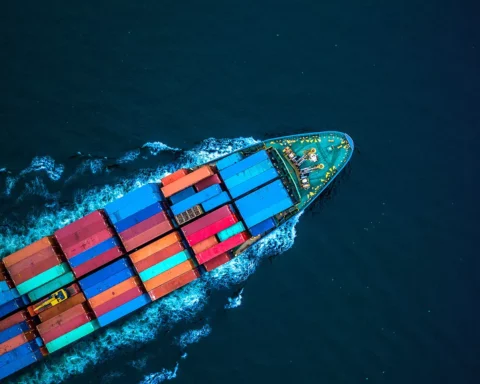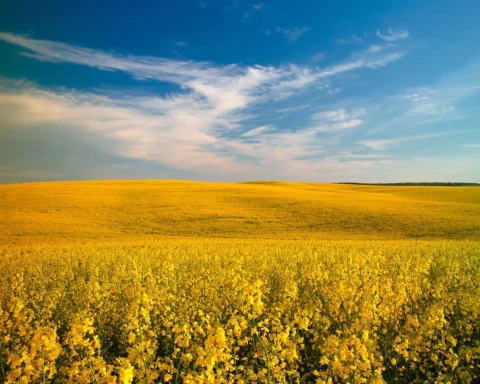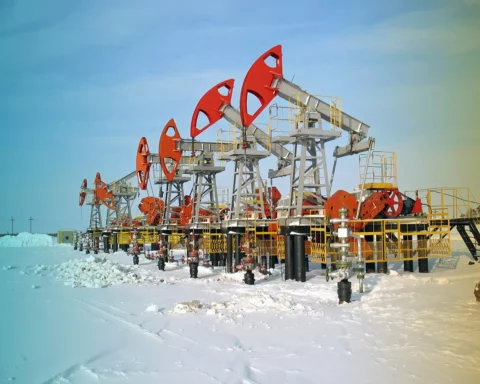Three Seas countries are attractive investment destinations for global corporations. Can it also result from the fact that people in the region can work longer hours than their Western European counterparts?
Households in our region have to allocate relatively high shares of their budgets to basic needs. Their ability to buy non-essential items is limited. The consumption structure in our area will converge to the western European average in line with closing the income gap.
Households in Central & Eastern Europe are still in the process of building financial wealth. It makes these economies vulnerable to adverse shocks, but it also makes the region an attractive investment destination.
Over the last several years, the Three Seas countries have seen astonishing success in exports. In order to continue that success, what is needed now is diversification.
Most of the Three Seas countries are not heavily indebted. However, they are importers of capital, which must be taken into account when making economic policy decisions.
One of the global challenges related to the Russian invasion of Ukraine is food security. Are Three Seas countries food secure?
Our region's countries are often considered less advanced at greening their economies than other parts of the developed world. Is this really true?
Economic relations between Three Seas countries and Ukraine before the war were strong compared to other EU countries. This provides a solid foundation on which future relations can be strengthened.
At the end of March, Poland announced it would halt imports of Russian oil by the end of 2022, and the European Commission followed suit, proposing a ban on 4 May.
The prime ministers of all three Baltic States declared they had stopped buying Russian gas. This happened just as Gazprom halted deliveries to Poland and Bulgaria. Are other countries in the region ready to end their reliance on Russian supplies?











